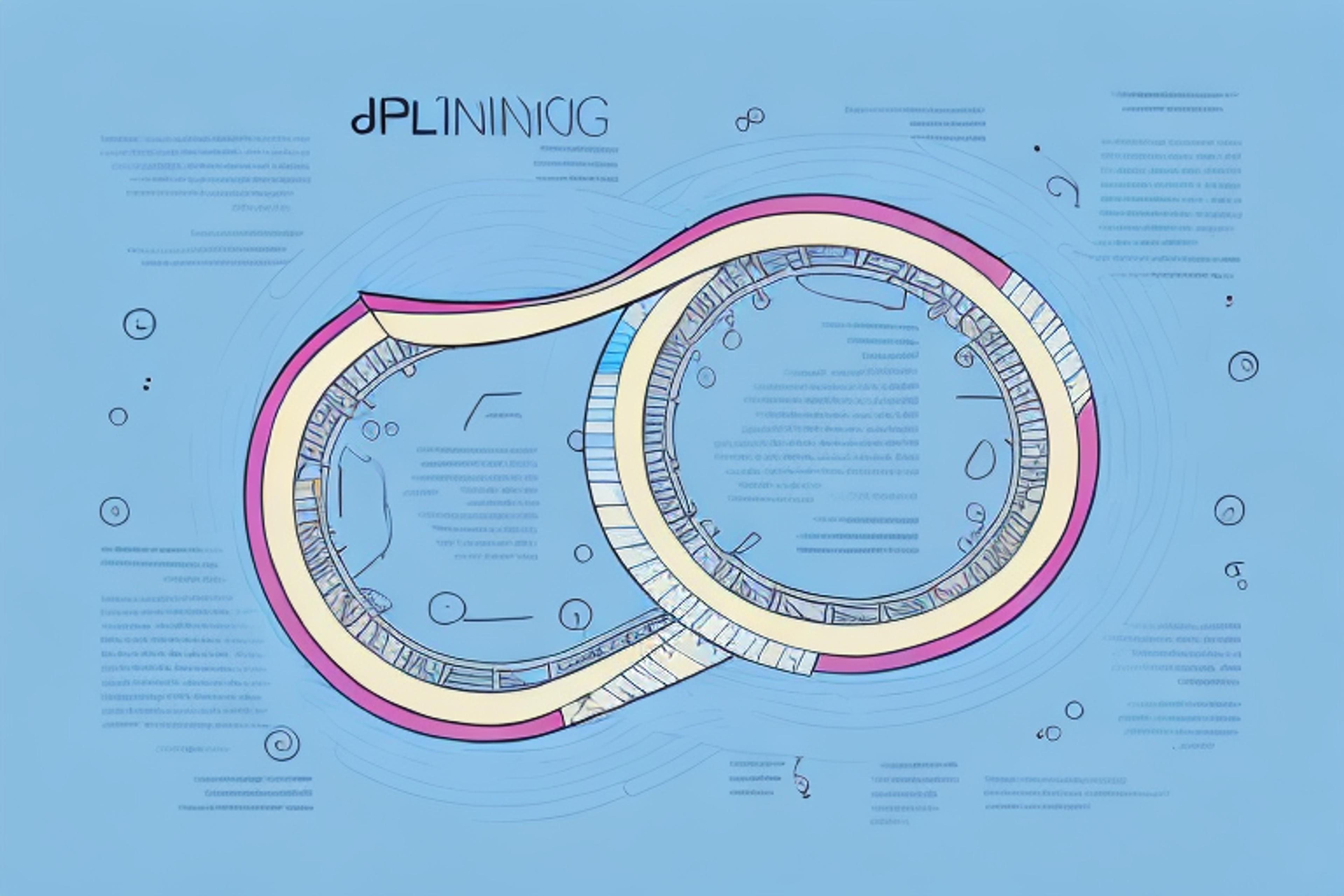How to Prepare for Strategy& Management Consulting Case Interviews?
If you're looking to break into the world of management consulting, mastering the case interview is essential.
Posted March 6, 2025

Table of Contents
If you're planning to pursue a career in Strategy& management consulting, it's important that you know how to prepare for case interviews. Case interviews are a crucial part of the hiring process and require a lot of preparation and practice. In this article, we'll discuss the key skills and strategies required for success in case interviews.
The importance of understanding the case interview format
Before we delve into the specifics of how to prepare for case interviews, it's important to understand the basic format of a case interview. At its core, a case interview is a problem-solving exercise where the interviewer presents you with a business problem and expects you to come up with a solution.
As a candidate, you will be expected to demonstrate a range of skills including logical thinking, problem-solving ability, creativity, and communication skills. You'll be required to analyze a complex business problem, identify key issues, develop a framework for problem-solving and communicate your insights and recommendations effectively.
It's important to note that case interviews are not just about finding the right answer. Interviewers are also interested in understanding your thought process and how you approach problem-solving. They want to see how you handle ambiguity, how you prioritize information, and how you make decisions under pressure. Therefore, it's crucial to practice not only finding solutions but also articulating your reasoning and thought process clearly and concisely.
Key skills required for success in strategy and management consulting case interviews
The first step to preparing for case interviews is to understand the key skills required for success. These skills typically include:
- Analytical skills - your ability to break down complex problems into smaller, more manageable parts
- Critical thinking - your ability to evaluate information, draw conclusions, and make decisions based on evidence
- Business acumen - your understanding of basic business principles, financial statements, and key performance indicators.
- Communication skills - your ability to articulate your thoughts clearly, and concisely, and make recommendations that are easy to understand.
However, there are additional skills that can set you apart from other candidates. One of these is creativity. Being able to think outside the box and come up with innovative solutions to problems can impress interviewers and demonstrate your ability to bring fresh perspectives to a project.
Another important skill is time management. Consulting projects often have tight deadlines, and being able to prioritize tasks and manage your time effectively is crucial to success. This includes being able to work efficiently under pressure and adapt to changing circumstances.
The different types of case interviews and how to approach them
There are several types of case interviews that you may encounter during the hiring process:
- Brainteasers - these are questions that test your ability to think on your feet and solve problems quickly.
- Market sizing questions - these are questions that require you to estimate the size of a particular market or industry.
- Business cases - these are more complex and require you to analyze a business problem and come up with a solution.
It's important to familiarize yourself with these different types of case interviews and practice them extensively. You can find sample case studies online or seek out case interview workshops to hone your skills.
Additionally, it's important to understand the company and industry you are interviewing for. Research the company's history, mission, and values, as well as the industry trends and challenges. This will help you approach the case interview with a deeper understanding of the context and potential solutions.
How to analyze a case and identify the key issues
When it comes to analyzing a case, there are several important steps that you need to follow:
- Read the case thoroughly and make sure you fully understand the problem
- Identify the key issues and prioritize them
- Develop a hypothesis or a framework for solving the problem
- Use data and facts to support your analysis
It's important to note that there is no one "right" answer to a case interview. What's important is your ability to demonstrate a logical thought process, identify key issues, and communicate your solutions effectively.
Another important step in analyzing a case is to consider the potential impact of each solution. It's not enough to simply identify a solution; you must also evaluate its feasibility and potential consequences. This requires a thorough understanding of the industry, market trends, and the company's goals and values. By considering the potential impact of each solution, you can make a more informed decision and provide a more compelling argument for your proposed solution.
Tips for structuring your approach to case interviews
When it comes to structuring your approach to case interviews, there are several tips that can help:
- Take your time to read and understand the problem
- Follow a clear, logical structure
- Don't make assumptions without asking clarifying questions
- Stay calm and composed, even when faced with a difficult problem
- Communicate your ideas clearly and concisely
- Practice extensively before the actual interview
Another important tip for structuring your approach to case interviews is to actively listen to the interviewer. Pay attention to the information they provide and ask follow-up questions to clarify any uncertainties. This will not only help you better understand the problem, but also demonstrate your ability to collaborate and work effectively with others.
Additionally, it's important to be flexible in your approach. While having a clear structure is important, it's also important to be adaptable and willing to adjust your approach as new information arises. This will show your ability to think on your feet and make informed decisions in a dynamic environment.
How to develop a framework for problem-solving in case interviews
When it comes to developing a framework for problem-solving in case interviews, there are several key steps that you should follow:
- Clarify the problem and define the scope of your analysis
- Identify the key issues and prioritize them
- Develop a hypothesis or a framework for solving the problem
- Use data and facts to support your analysis
It's important to note that there is no one "right" way to develop a framework for solving a problem. What's important is your ability to think logically and communicate your thought process effectively.
Another important aspect of developing a framework for problem-solving in case interviews is to consider alternative solutions. It's important to not only develop a hypothesis or framework, but also to consider other potential solutions and weigh the pros and cons of each. This shows that you are able to think critically and consider multiple perspectives, which is a valuable skill in any problem-solving scenario.
The role of data analysis in consulting case interviews and how to improve your skills
Data analysis is an important part of consulting case interviews. You'll be expected to analyze financial statements, market data, and other sources of information to support your recommendations. It's important to improve your data analysis skills to succeed in case interviews.
You can improve your data analysis skills by practicing with sample case studies, analyzing financial statements, and learning basic statistical techniques. It's important to be comfortable with Excel or other data analysis tools to be able to analyze data efficiently.
Another way to improve your data analysis skills is to seek feedback from experienced consultants or mentors. They can provide valuable insights on how to approach data analysis in case interviews and offer tips on how to improve your techniques. Additionally, staying up-to-date with industry trends and news can help you better understand the data you're analyzing and make more informed recommendations.
How to effectively communicate your insights and recommendations during the interview process
Effective communication is key to success in consulting case interviews. You need to be able to articulate your thoughts and ideas clearly and concisely. Good communication is about getting your message across in a way that is easy to understand and memorable. Some tips for effective communication include:
- Structuring your ideas logically
- Using visual aids to support your ideas
- Practicing your presentation skills
Make sure to practice presenting to a friend or family member to get feedback on your communication skills.
Another important aspect of effective communication is active listening. During the interview process, it is crucial to listen carefully to the interviewer's questions and concerns. This will help you tailor your responses to their specific needs and demonstrate your ability to understand and address their concerns.
Additionally, it is important to be confident and assertive in your communication. This does not mean being aggressive or confrontational, but rather expressing your ideas and recommendations with conviction and clarity. This will help you come across as a credible and confident consultant, which is essential in the consulting industry.
Best practices for practicing and preparing for strategy and management consulting case interviews
When it comes to preparing for case interviews, there are several best practices to keep in mind:
- Practice, practice, practice - the more you practice, the more comfortable you'll be with the format and framework of case interviews.
- Seek out feedback - ask friends, family members, or mentors to review your performance and provide feedback.
- Prepare extensively - research the company you're interviewing with, practice common case interview questions, and familiarize yourself with the industry.
Remember that preparation is key to success in case interviews.
Common mistakes to avoid during consulting case interviews
There are several common mistakes that candidates make during consulting case interviews. These include:
- Failing to clarify the problem
- Making assumptions without asking clarifying questions
- Getting bogged down in details and failing to see the bigger picture
- Not communicating your ideas effectively
- Not practicing enough before the actual interview
Make sure to avoid these common mistakes to increase your chances of success in case interviews.
Insights from industry experts on what it takes to succeed in strategy and management consulting case interviews
Finally, it's always helpful to get insights from industry experts on what it takes to succeed in consulting case interviews. Some common tips include:
- Develop a logical, structured problem-solving approach
- Communicate effectively and clearly
- Show an understanding of business principles and financial concepts
- Demonstrate creativity and a willingness to think outside the box
- Be confident, composed, and poised under pressure
By following these tips and strategies, you can increase your chances of success in strategy and management consulting case interviews. Remember to practice extensively, seek feedback, and stay focused on the key skills required for success.


















